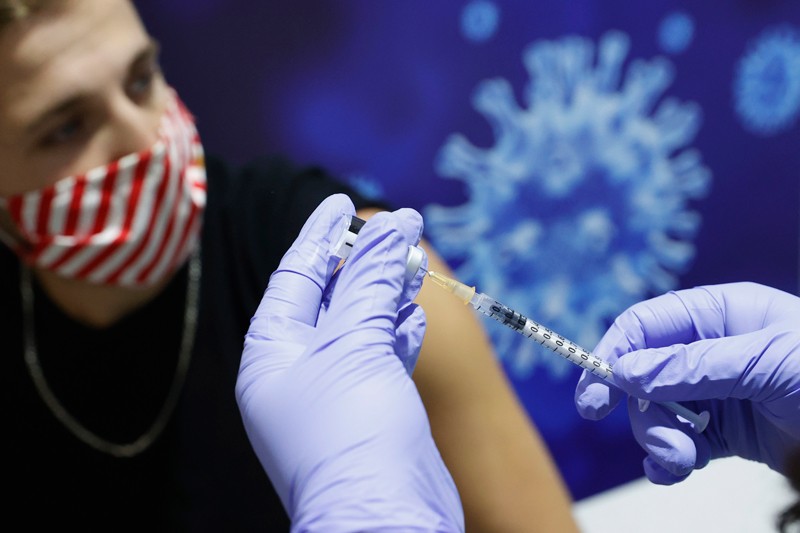 |
| Image: nature.com |
The The World Health Organization (WHO) has been seen by some as inconsistent and inconsistent in making decisions about Covid-19 booster doses. The World Health Organization announced a booster dose is recommended when a country has adequate supplies and after protecting the most at-risk individuals. The goal is to help provide protection for those individuals that may have missed the first round of vaccines. lot of people are concerned about getting vaccinated for COVID-19, and rightly so. It’s important to understand that the vaccines aren’t perfect, but they are really good.
The United Nations created the organization in 1948 to prevent and control infectious diseases. The WHO plays a key role in curbing epidemics. The CDC recommends a booster dose of the Oxford/AstraZeneca vaccine for people who have previously received the first dose, who have completed the full two-dose series, or have had an adequate negative test for COVID-19. The World Health Organization has declared an emergency and recommended that everyone get vaccinated. This has been especially important for individuals who are prone to getting more severe diseases as they are more likely to end up in the hospital. Vaccines have helped reduce the number of hospitalizations and deaths from infections.
When it comes to the Covid-19 vaccine, there is a lot of uncertainty. Countries around the world are trying to figure out whether to offer booster shots and how many booster doses are needed for those who have already received the initial vaccine. In some countries, the World Health Organization (WHO) In the United States, the Centers for Disease Control and Prevention (CDC) recommends a booster dose if you have a chronic condition that puts you at high risk of infection — such as diabetes, heart disease, kidney failure, or liver disease — or if you are an international traveler or health care worker or volunteer who is required to receive a booster dose. There are still a lot of uncertainties regarding the Omicron variants and vaccines, but we do know for sure that people who are prone to getting more severe diseases will be especially vulnerable to these new variants. In addition, all vaccines are not created equal when it comes to Omicron variants.
This is one of the reasons why the world has been caught off guard by the rapid spread of new variants in Brazil and South Africa. WHO has said that it’s possible for a person to become immune to a new variant of the virus but it’s also possible for a person to catch a new variant and still become infected. WHO announced a booster dose is recommended when a country has adequate supplies and after protecting the most at-risk individuals. The U.S. already has a national vaccine priority system, so everyone has had the opportunity to get vaccinated. “We’ve already gotten everybody in this country vaccinated. It’s important to take your vaccines. Vaccines are a great way to protect yourself and others from getting sick, and they also help prevent the spread of the virus. Research has shown that the flu vaccine reduces the risk of hospitalisation and death in people with heart conditions by 60% and 40% respectively.

































.jpg)

0 Comments